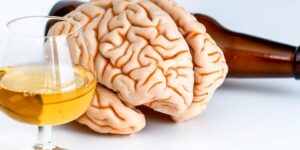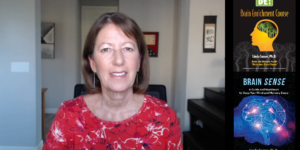
People who are experiencing symptoms of cognitive decline should seek a diagnosis. An early diagnosis can make a difference, since it can cause someone to make lifestyle changes and/or start a treatment that can help them maintain or even improve their cognitive abilities. However, Dr. Marwan Sabbagh, a board-certified behavioral neurologist at Barrow Neurological Institute’s Alzheimer’s… Continue reading →





